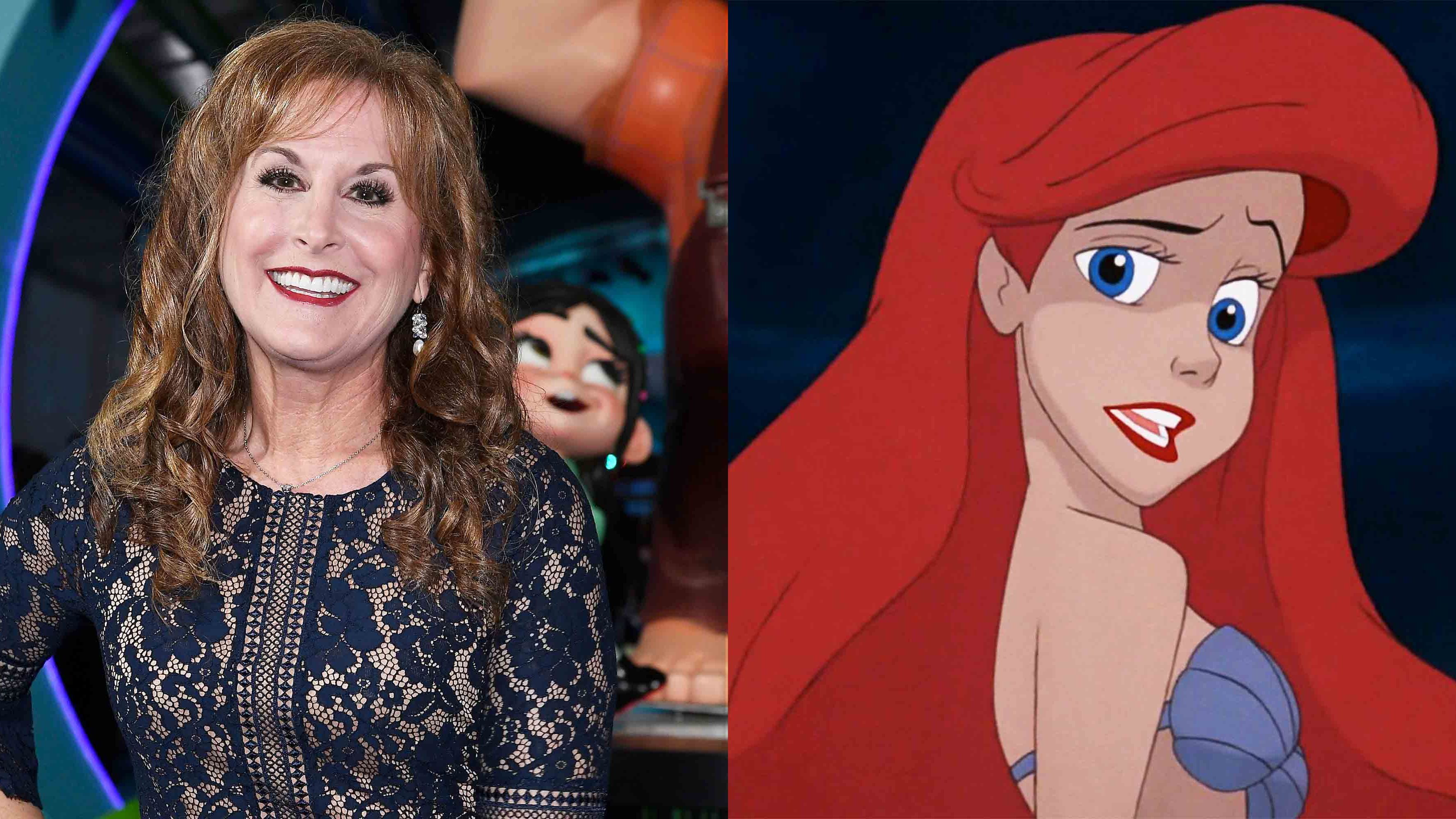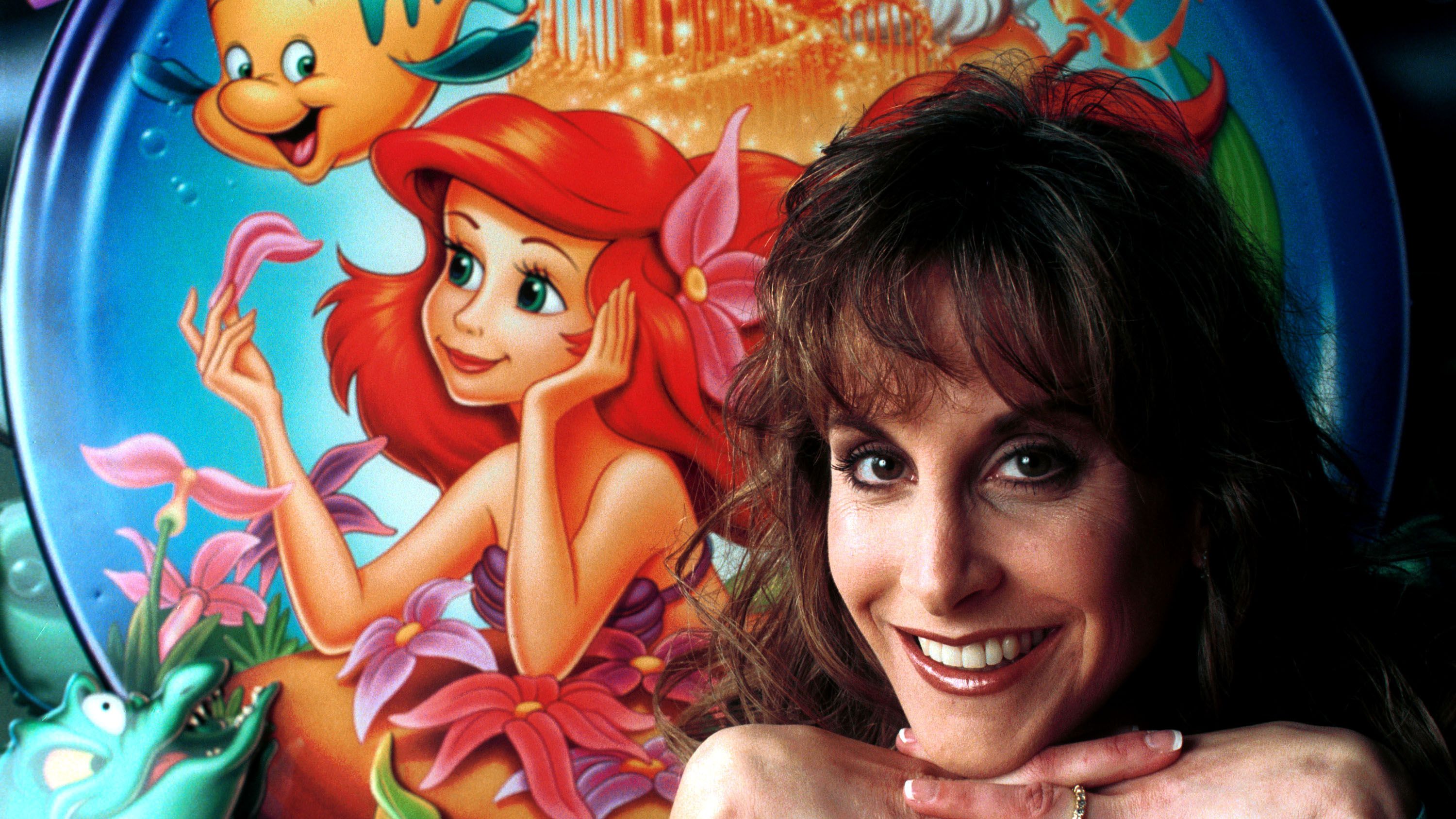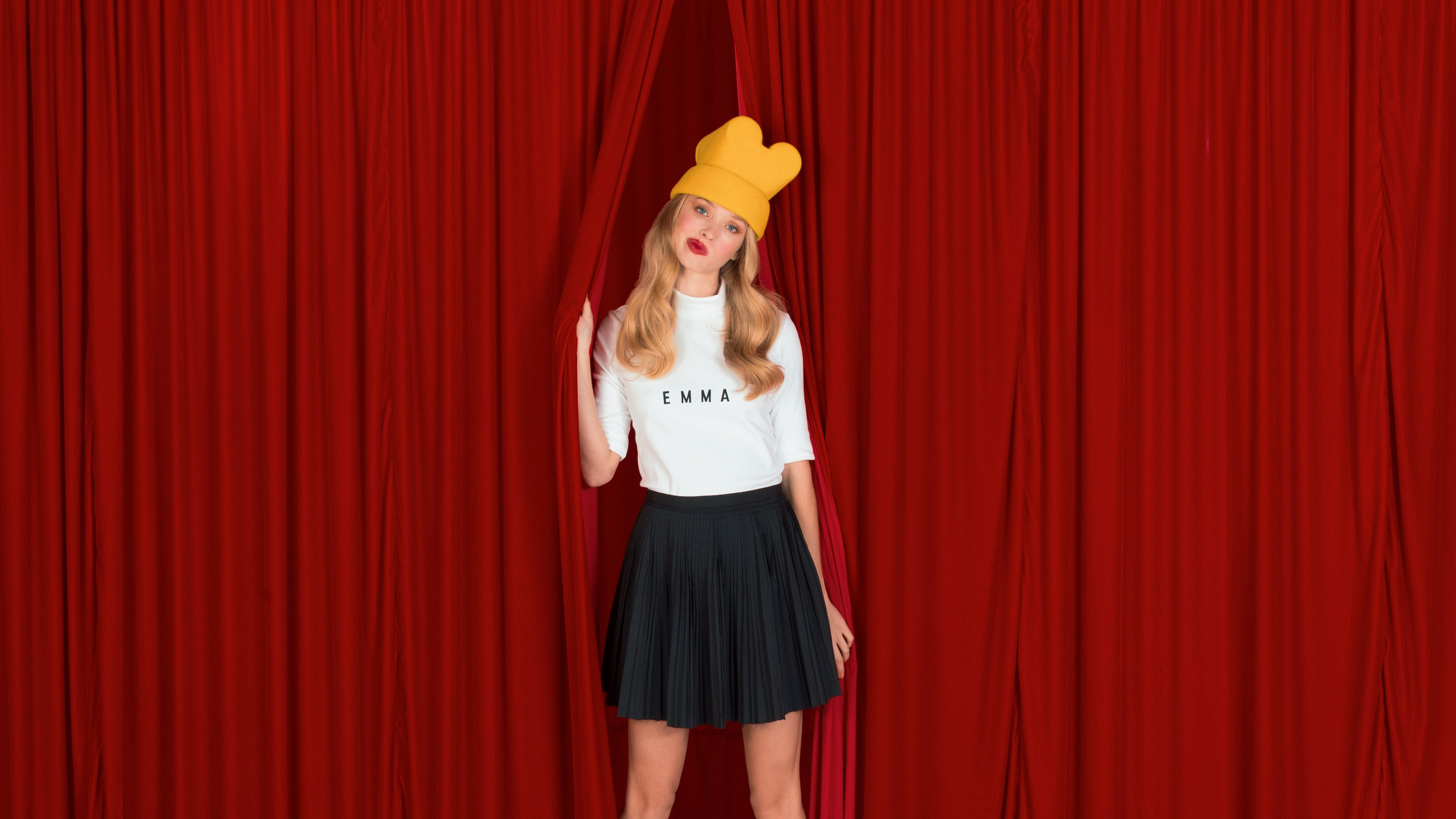Voice Actress Jodi Benson on Being Ariel and Three Decades of Feminist Princesses
As The Little Mermaid turns 30, the woman who brought Ariel to life looks back at the film's legacy, its feminist critiques, and the future of Disney royalty.

Whatever you might think of them, Disney princesses are iconic. Sure, they're sometimes problematic, but they're also an indelible part of Western culture and, for many, an integral part of childhood.
In the #MeToo and #TimesUp era, many people have understandably decided to revisit some of the hallmark Disney movies and the princesses that star in them. In a 2018 interview with Ellen DeGeneres, Keira Knightley famously explained that she doesn't let her daughter watch Cinderella or The Little Mermaid:"Cinderella—banned, because she waits around for a rich guy to rescue her. Don't! Rescue yourself, obviously," Knightley explained. "And this is the one that I'm quite annoyed about because I really like the film, but Little Mermaid [is banned too]. I mean, the songs are great, but do not give your voice up for a man."
Kristen Bell, a Disney alumna herself thanks to her role in Frozen, has expressed concerns about some classic fairytales, and says she discusses the stories with her daughters every time they read or watch them. "Don't you think that it's weird that the prince kisses Snow White without her permission? Because you cannot kiss someone if they're sleeping," Bell said by way of example.
Via these hard looks at our nostalgia, we can see that—though the Disney princess legacy is lasting—it's also changing. That legacy starts with Snow White in 1937, and extends all the way through 2019's revamped take on female heroines in Ralph Breaks the Internet. Over that history, the portrayals of princesses from meek, gentle, pixie-dream girls to strong, capable young women who question their surroundings has been traceable—and for all its supposed issues, 1989's The Little Mermaid marks the moment Disney princesses went modern. More than a mermaid, Ariel was a spunky redhead who defied the expectations placed on her—and she was voiced by Jodi Benson.
Benson has been all over the Disney kingdom, voicing Barbie in two Toy Story movies, playing beleaguered secretary Sam in Enchanted, and even reprising her role as Ariel for the aforementioned Ralph Breaks the Internet.

On the occasion of the The Little Mermaid's 30th anniversary and the movie's anniversary blu-ray re-release, Marie Claire spoke with Benson about the evolution of the Disney princess, her take on those feminist critiques of the film, and her hopes for princesses of the future.
She thinks Ariel marked a shift in the way princesses were portrayed...
"It had been Sleeping Beauty in '59 and then the next princess is Ariel.... We knew there was kind of something special going on. I mean, she's spunky and determined and tenacious and stubborn and slightly rebellious and [has] all these really great, great, great qualities. So, I was excited to get to be part of something that was all new and different.
Get exclusive access to fashion and beauty trends, hot-off-the-press celebrity news, and more.
But you have to take into consideration, it's 1989, so Cinderella [which came out in 1950] to Ariel is a huge leap.... Yes, absolutely, people have the right now to say, you know, 'I'm not going to allow my child to watch this movie.' That's totally fine. Everybody has the right and the freedom to do what they feel is right for their child. But as far as 1989 goes, there was a big jump between Cinderella and Ariel."
...and made it easier for future princesses to be more feminist.
"She does save Prince Eric from his perilous death, and she does have a lot of wonderful, independent, and terrific qualities. She has paved the way. So then, with each film, you can start making some steps of growth and you can improve upon it. But it doesn't mean that the past was bad. It just means that it's a part of a stepping stone as you progress."
She loved revisiting Ariel for Ralph Breaks the Internet.
"I love this concept of getting all the princesses together out of their realm—out of their comfort zones, out of their natural habitats of their films—and putting them all together. It gives us a chance to fall in love with the classic princesses again, and get to know them as real people, you know, wearing pajamas, taking breaks, maybe being crabby, maybe being tired.
I think it gives all of these princesses a sense of realism that people—and kids, especially—can relate to them even more than in their original films. We're here in 2019, and look at the progress. Would we have done this back in the '70s or '80s? No, I don't think so.
It was surprisingly tricky bringing Barbie to life in Toy Story 2 and 3.
"We started to play in the studio, the directors and myself, trying to figure her out and making it as real as possible—making her authentic, not making her plastic, making her have real feelings and insecurities. She's a very strong woman, as well, and she kind of sets some standards for herself.
It was very fun. There was a lot of creativity going on. We had a lot of freedom as far as the realm of Barbie [was concerned]. We could break out of that mold of the doll from 50 years ago and kind of had free rein.
A lot of Barbie's dialogue was ad-libbed. Some was scripted, but a lot was ad-libbed. We just had a lot of fun and said, Okay, what would this strong woman say? What would she be like?
I'm thrilled that I was able to be part of Toy Story 2 and 3 and really proud of both of those films."
And she's thrilled at where princesses are going.
"I really love the way that things are going with princesses at Disney with the princesses. We're crossing different nationalities, we're crossing different dialects, we're crossing different languages. I love it. I love that it's very inclusive and that it's exploring all these different areas. I really love the direction that the company is going with our princesses and I'm just honored and blessed and grateful to be part of the royalty line."
The Little Mermaid 30th anniversary edition blu-ray is available now.
For more stories like this, including celebrity news, beauty and fashion advice, savvy political commentary, and fascinating features, sign up for the Marie Claire newsletter.
RELATED STORY

Kayleigh Roberts is a freelance writer and editor with over 10 years of professional experience covering entertainment of all genres, from new movie and TV releases to nostalgia, and celebrity news. Her byline has appeared in Marie Claire, Cosmopolitan, ELLE, Harper’s Bazaar, The Atlantic, Allure, Entertainment Weekly, MTV, Bustle, Refinery29, Girls’ Life Magazine, Just Jared, and Tiger Beat, among other publications. She's a graduate of the Medill School of Journalism at Northwestern University.